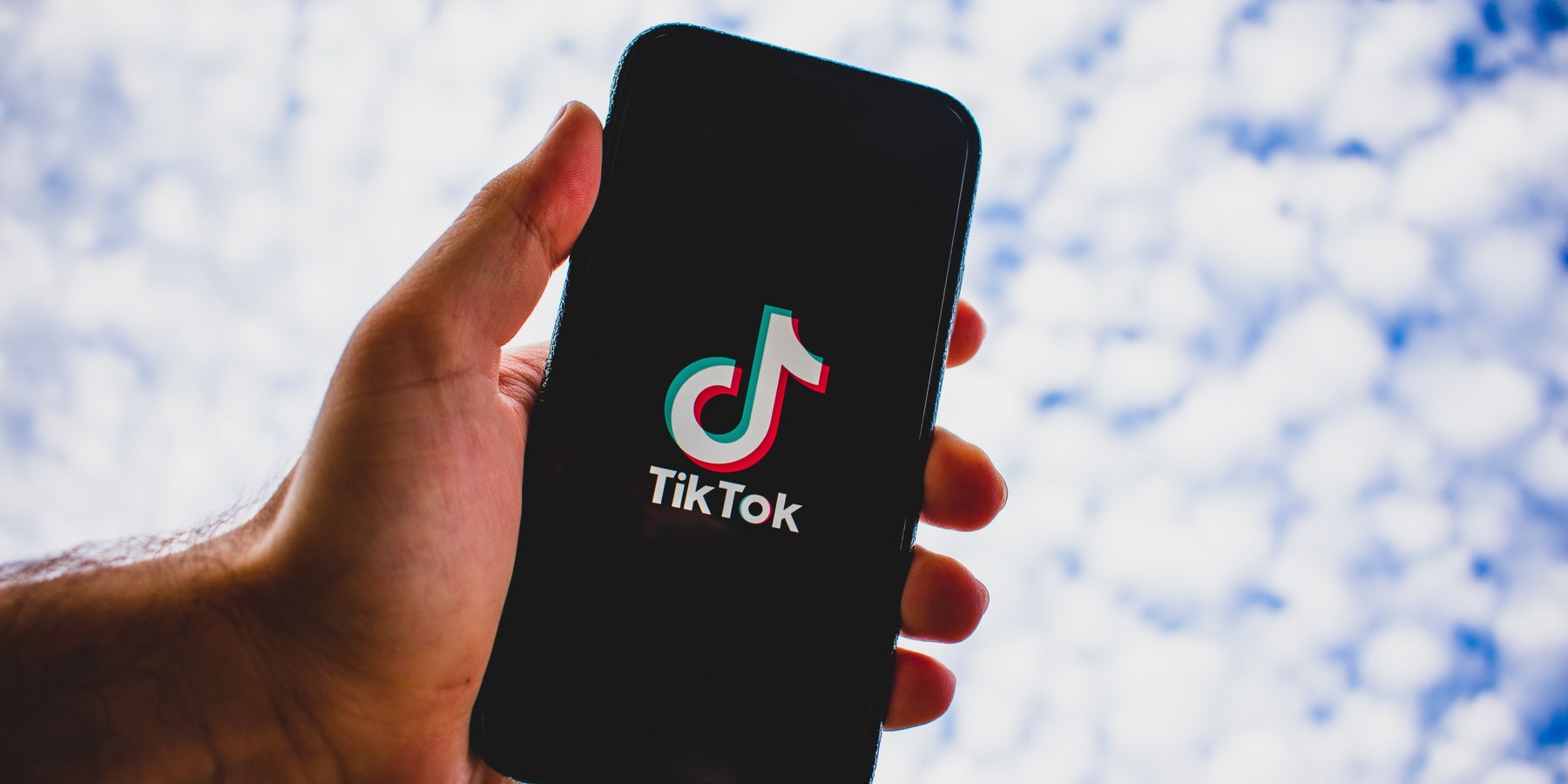
"This means they are now in a prime position to be exploited by hackers offering fake updates or targeting known vulnerabilities that were never patched."
Could TikTok ban actually make users more vulnerable? Senior reporter Tami Abdollah on what the app's disappearance could mean.
Peacock has reportedly inked a deal to bring its shows to Roku.
Mobile gaming company SuperCell's CEO opens up about what a ban on its Chinese parent company, TenCent, might mean for its U.S. business.
NASA will use Blue Origin's next launch to test its landing system for the Moon and Mars.
The dot.LA Summit is coming in October, featuring cutting-edge programming, fast-pitch competitions, networking, workshops, social events and a live awards show. See the speakers and register for early bird prices here!
TikTok, WeChat App Store Ban Starts Sunday
The head of TikTok called on Instagram and Facebook to support their lawsuits against the U.S. government today. A ban on the app is set for Sunday. Read more >>
FreeFlow's David Fleck on Investing in Caltech Startups
On this episode of the L.A. Venture podcast, hear Fleck talk about founding FreeFlow in order to invest in startups coming out of Caltech that have the potential to improve the world. Listen >>
Catch Up On This Week's Top 5 Stories
L.A.'s tech and startup community was active as ever this week. dot.LA chief host and correspondent Kelly O'Grady takes you through the key points of the top five headlines. Watch her recap >>
* TikTok Plans IPO, Considers Instagram Co-Founder as CEO
* 'LinkedIn. Is. Not. A. Dating. Site': Should People Be Trying to Find Love on LinkedIn?
* Zwift Takes on Peloton with $450M Investment
* Flush with $87 Million, Boosted Commerce Prepares for Massive Amazon Shopping Spree
* An Early Peek at First Look's Showcase of Cutting-Edge Science Startups
Register for the dot.LA Summit
The inaugural dot.LA Summit on October 27th and 28th will feature a selection of disruptive and innovative L.A.-based startups, keynote speakers and panelists, made up of founder CEOs and C-level executives working in tech, media, entertainment and healthcare. Register here!
Our Startup Pitch Showcase Events
Join us at 11 a.m. PST on Thursday, September 24th for the first of three qualifying rounds of dot.LA's Startup Pitch Showcase competition. A winner will be chosen at each qualifying event. Each winner will advance to pitch at the finale, which will be broadcast live at the dot.LA Summit with a grand prize and guest judges. Nominate your company and register for the first event!
Nominate Innovators for dot.LA's Startup Awards
We are thrilled to announce the first dot.LA Startup Awards 2020, a celebration of the most innovative people and companies in the L.A. startup and tech community, on Wednesday, October 28th. See the award categories and nominate companies >>
Sign up for The Wrap's 3-Day Entertainment Tech Conference
The dot.LA community is invited to join TheGrill, TheWrap's flagship 3-day, all-virtual conference on the convergence between entertainment, media and technology. Read more and register >>


